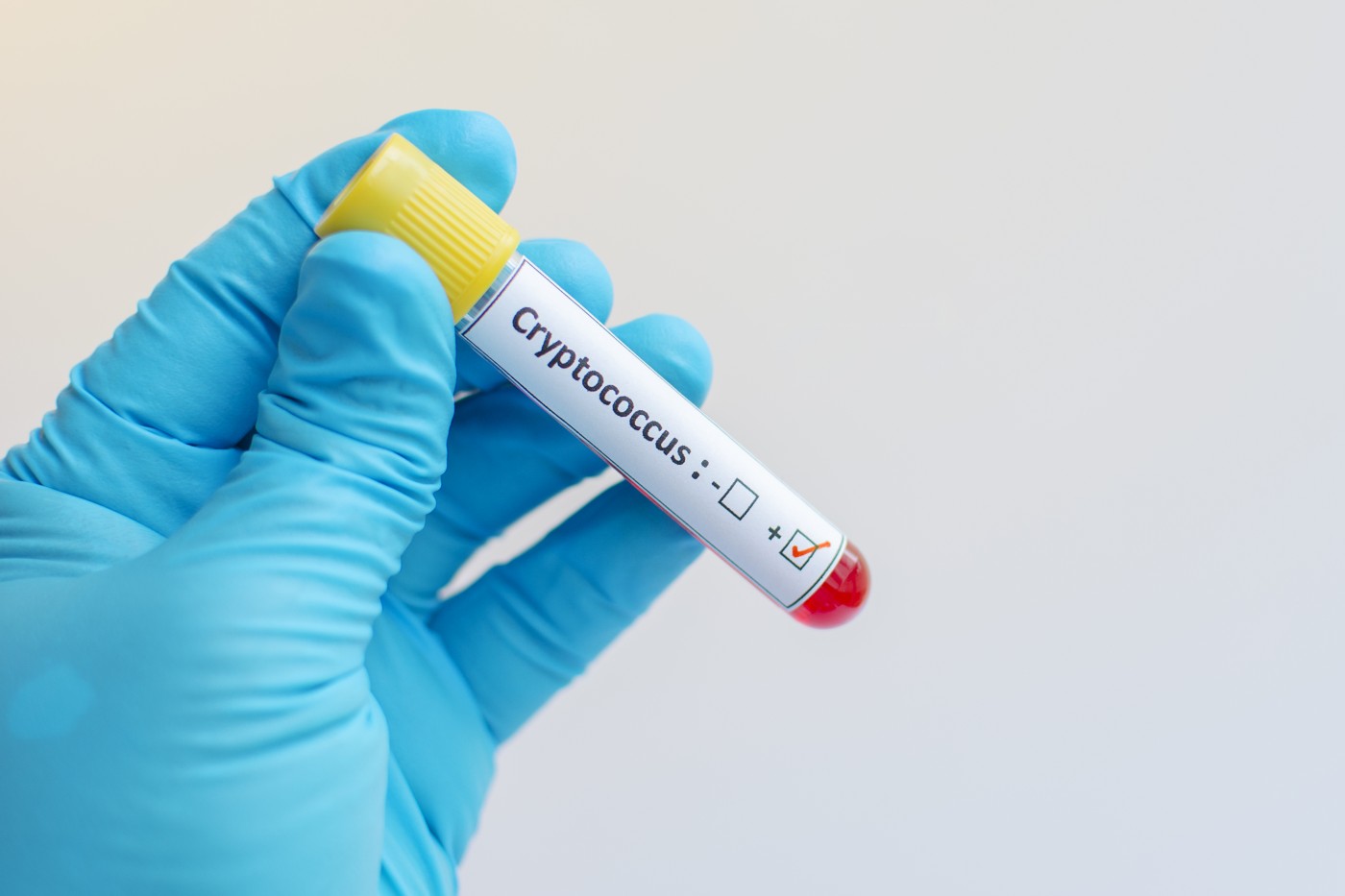Cryptococcal Meningitis Often Misdiagnosed in Sarcoidosis Patients, Study Reports
Written by |

Cryptococcal meningitis, a rare but life-threatening complication of sarcoidosis, is often misdiagnosed as neurosarcoidosis, delaying proper treatment and reducing a patient’s chances of complete recovery, researchers report.
Investigators behind the study, “Cryptococcal meningitis complicating sarcoidosis,” published in the journal Medicine, suggest that physicians test for CSF cryptococcal antigen in patients with meningitis and a history of sarcoidosis to speed up the diagnosis. Cryptococcal meningitis is an infection not seen in otherwise healthy people, and is caused by the encapsulated yeast Cryptococcus neoformans.
Researchers at the University of Amsterdam in the Netherlands described two cases of cryptococcal meningitis in sarcoidosis patients, and also analyzed cases published earlier.
One was a 32-year-old man who visited the hospital with complaints of headaches for the last six months, which had worsened three weeks before he sought care.
Two weeks earlier, he started feeling weak in his legs and had double vision, difficulties in swallowing and tingling sensations in his hands. When doctors examined him, they found his neck was stiff and he had lost function in some main nerves of the head.
A spinal tap for analysis of his spinal liquid was performed and indicated an infection. Brain imaging was normal. Doctors suspected that the man had tuberculous meningitis and started tuberculosis treatment.
Two days later, doctors were able to find the cryptococcal yeast in the spinal sample, after allowing the microbe to grow in the lab. Three days after starting treatment, the man lost his eyesight and one of his pupils became fixed. He needed assistance with breathing.
Doctors still did not find any signs of abnormalities on brain scans, but when repeating the spinal tap, they realized that the pressure was hugely increased. After draining spinal fluid, the man improved, but after some time he lost consciousness. Brain scans showed he was bleeding in the cerebellum, which further increased brain pressure.
Cerebrospinal liquid was drained directly from the head, and doctors performed another brain scan, this time a PET scan. Tests revealed that the man’s lymph nodes were enlarged, and a biopsy from a neck node showed typical signs of sarcoidosis. After six weeks of treatment, the man was sent home with lingering impairment.
The other case described was a 49-year-old woman with headache, nausea and weight loss. She previously had sarcoidosis. She went through similar testing as the first patient, and also had increased brain pressure and signs of infection when doctors analyzed her spinal liquid.
A culture of the liquid showed cryptococcal infection, and the woman returned home with adequate treatment. She did not get any additional treatment for sarcoidosis as she did not have symptoms. The patient fully recovered.
Researchers found that 40 similar cases had been described earlier, with 82 percent of these patients having a history of sarcoidosis, and the rest diagnosed with sarcoidosis at the same time as the cryptococcal infection.
In 43 percent of the cases, the infection was first misdiagnosed, most commonly as neurosarcoidosis, but also confused for other infections, migraine, cancer, or a psychiatric condition. For three patients, a correct diagnosis took more than two weeks, and one was only diagnosed at autopsy.
An analysis showed that delayed diagnosis can have severe consequences for patients — 41 percent died or ended up impaired, compared to 21 percent of patients who were diagnosed quickly.
“Cryptococcal meningitis is a rare but life-threatening complication of sarcoidosis. Patients were often initially misdiagnosed as neurosarcoidosis, which resulted in considerable treatment delay and worse outcome. CSF cryptococcal antigen tests are advised in patients with sarcoidosis and meningitis,” the research team concluded.





